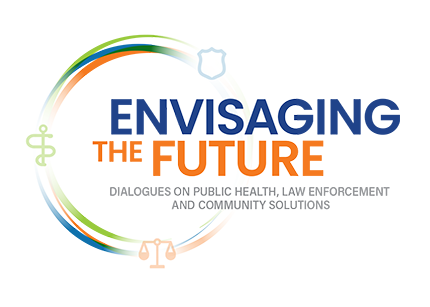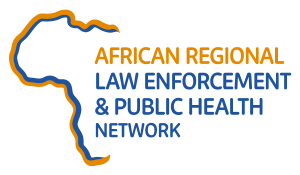
Engaging non-policing partners to prevent or respond to crime
Margo van Felius, Lyndel Bates, Janet Ransley & Peter Martin
Abstract
Multi-agency policing partnerships provide agencies with the opportunity to address underlying social issues that contribute to crime and allow for longer-term solutions. One partnership model is third-party policing (TPP). TPP theory was conceptualised as a way of engaging non-police agencies through the use of legal levers to perform a crime prevention or control role. The theory assumes that (1) police agencies seek out non-police partners because of their legal levers; (2) police are aware of and understand the legal levers available to partners; (3) the application of these legal levers is co-opted or coerced; and (4) police are the ones doing the co-opting or coercing. However, whether these assumptions occur in such a clear manner has received limited attention in the literature. This study used an international case study methodology involving interviews with police officers and representatives from partner agencies across three TPP partnerships in Queensland, Australia and the United Kingdom. The results indicate that there is limited knowledge and understanding of the availability, use and activation of legal levers of other agencies among police officers. Legal levers are often self-activated by a partner agency after becoming aware of new information, rather than through coercion or co-option by police. This study further shows that activation of legal levers by police agencies is not always possible, requiring activation of another agency’s initially, and partner agencies are often the ones doing the co-opting or coercion. The findings suggest that legal levers are not so easily applied as suggested in TPP theory.






